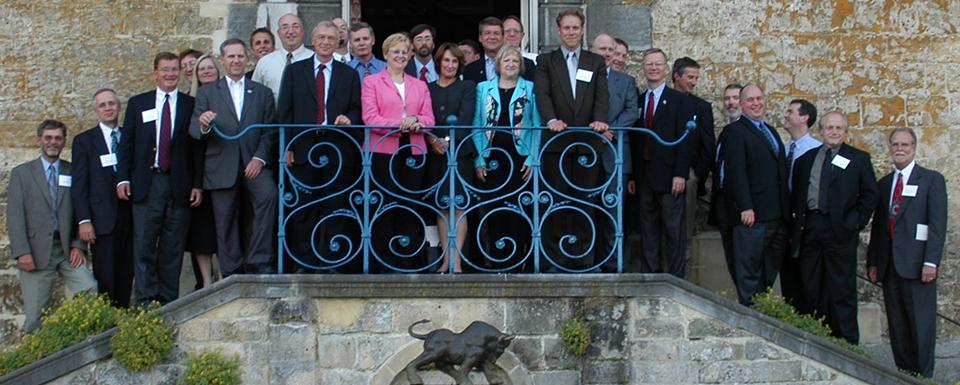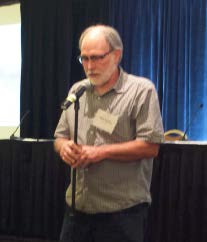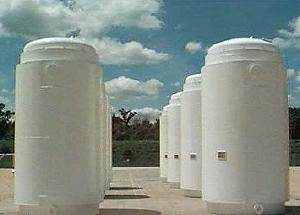Failure of “clean coal” in The Guardian
March 2nd, 2018
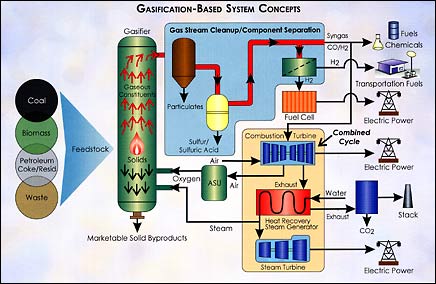
Yes, we know it doesn’t work. Learned that in stopping the Mesaba Project:
There were IGCC – coal gasification – plants proposed all over the country, and they fell, one by one. Some not fast enough, the Kemper project, in today’s Guardian, is an example of protracted misrepresentations to keep that money coming in to fund the scam:
The best thing that came from the failed Mesaba Project was the information about the technology that hadn’t been disclosed before. We were able to use this information all over the country to stop these plants, and stop this one before Minnesotans were utterly and hopelessly screwed as they were in Mississippi with Southern’s Kemper and Indiana with Duke’s Edwardsport. Read the rest of this entry »
Drumpf’s “Questionnaire” to Dept. of Energy
December 9th, 2016
Trump’s energy agenda, vague as it is, has been essentially to promote “clean coal,” nuclear and to deny climate change and dismantle federal climate change and “renewable” energy programs, of course with no move to eliminate subsidies for coal and nuclear. The “transition team” sent a big laundry list of questions to the Department of Energy, and it’s pretty broad. It’s also something that would be both telling and intimidating to receive. Looking at this, there’s no doubt where they’re headed.
Here’s the document — read it and see what you think… and note how many of these questions are “Can you provide…” which are easily answered with just a “Yes” or “No” and that’s the end of it!
But wait… there’s another version (similar, but different order, etc.):
I think Trump needs somebody to write his questions for him, somebody new that is. He obviously didn’t come up with this, but his staff person who did, well, if they worked for me, “YOU’RE FIRED!”
DOE and SWPA sued in Federal Court
August 16th, 2016
YES!!! On to federal court!!! I love it when this happens! Downwind and Golden Bridge have sued the Department of Energy (DOE) and Southwestern Power Administration (SWPA)! Here’s a copy of the Complaint, give it a read:
Downwind, LLC & GoldenBridge LLC-v-DOE & SWPA – Case 3:16-cv-00207
Here’s the bottom line, what they’re asking for:
It’s focused on the DOE and Clean Line’s most vulnerable issues, those of improper potential use of eminent domain for private purpose and private company, and, as David Ulery says:
“Landowners were never offered an appropriate avenue for due process during the DOE’s review of Clean Line’s application,” he said. “An opportunity to comment is not the same as an opportunity to directly participate in the matter in an official capacity. Review is meaningless if those most affected are not given ample and significant opportunity to engage on a meaningful and substantive level.”
Clean Line and the DOE were asked, demanded, expected, to provide due process, and nope, nada, not the most basic opportunities to participate. Seems they’ve never heard of due process — how dare they! From June, 2015, here are multiple filings demanding due process:
BLOCK Plains & Eastern Clean Line docket filings
Here’s the first of articles to appear about the federal suit:
Opponents sue to block Clean Line project
By John LyonArkansas News Bureaujlyon@arkansasnews.com
Womack’s bill cleared the House Natural Resources Committee in June.
DOE “Consent-Based” Nuclear Waste Mtg.
July 22nd, 2016
Well, that was interesting… and it took all evening!
First a sidebar, but an important one. The Agenda CBS Public Meeting-Minneapolis caught my attention, seeing PUC Commissioner John Tuma named front and center. The PUC’s page on Commissioner ex parte, conflict, and basic decorum has disappeared — I called the PUC about Commissioner Tuma’s appearance (fair warning, prior to event), and noted that the page had disappeared. Here are the rules (the page was what stressed the importance of avoiding even the appearance of impropriety:
7845.0400 CONFLICT OF INTEREST; IMPROPRIETY.
Subpart 1. General behavior.
A commissioner or employee shall respect and comply with the law and shall behave in a manner that promotes public confidence in the integrity and impartiality of the commission’s decision making process.
Subp. 2. Actions prohibited.
Commissioners and employees shall avoid any action that might result in or create a conflict of interest or the appearance of impropriety, including:
A. using public office for private gain;
B. giving preferential treatment to an interested person or entity;
C. impeding the efficiency or economy of commission decision making;
D. losing independence or impartiality of action;
E. making a commission decision outside official channels; and
F. affecting adversely the confidence of the public in the integrity of the commission.
7845.0700 PROHIBITED ACTIVITIES.
Subp. 4. Outside employment.
A commissioner or employee shall not negotiate for or accept outside employment or other involvement in a business or activity that will impair the person’s independence of judgment in the exercise of official duties.
I registered this in a Comment section, provided copies of the rules, and expected something similar to Commissioner Koppendrayer’s response in a similar situation years ago (see below). Commissioner Tuma is new, and being there was not the worst of possible activities, other past and present Commissioners have done much worse, but it’s not OK. His presence on the panel, on the stage, lends the impression of support of the DOE’s efforts, and nuclear waste, nuclear decommissioning funds, nuclear uprates and rehab, all are issues that have been and will be in front of the Commission in highly contested cases. It lends the appearance of losing independence, impartiality, and impairment of judgment in future exercise of official duties.
I’ve seen this a few times. One positive experience was at the Sawmill Inn when Commissioner Koppendrayer was named on a coal gasification love-fest panel when Excelsior’s Mesaba Project was before the PUC, and I’d called the Commission ahead of time and spoken to the then Asst. A.G. who said, not to worry, they knew ex parte and conflict of interest and rules of decorum. Yet at that meeting, which Koppendrayer DID attend despite advance warning, I jumped up and objected from the back of the room, noting the PUC’s focus on avoiding even the appearance of impropriety, and Koppendrayer said something like “Overland’s got a point, and I should leave” and he did! He earned quite a few “respect” points that day. IEDC gets carried away February 15, 2007.
On the other hand, I’m also remembering Commissioner Phyllis Reha’s coal gasification junket to Belgium via Great Plains Institute, a well-funded toady for coal gasification (and GPI was on panel last night, another cause for concern, how much were they paid!). How blatant can you get? MCGP Request for Recusal (Commission saw no problem!).
… and there’s her stumping for CapX 2020 transmission: PUC Commissioner Reha: Enhancing the Nation’s Electricity Delivery System. That was the basis of another Motion, but of course, Commissioner Reha and the Commission saw no problem with her actions! NoCapX Motion to Recuse Commissioner Reha & Exhibit A – Reha Power Point Presentation.
And then there’s Great Plains Institute’s involvement. After their intense and well funded toadying for coal gasification ($437,000 over 21 months), and transmission, and then Xcel Energy’s e21, Dog help us! Anything GPISD in involved with has got my attention, and not in a good way!
Last night’s agenda was packed, and we got a lot done. A guy name Scott Thomas (the NSP engineer perhaps?) was at my table and jumped up and objected when we had a bit of opposition theater, I jumped up to counter, DOH, every hear of freedom of speech. I mean really, it took all of 5 minutes, let people speak up!
Here’s my comment, in large part based on “consent” a la SNUY’s approach for sexual consent, substituting “nuclear” for sexual — if we’re going to get screwed, this is the best possible of consent definitions:
Here’s the DOE’s Consent-Based Siting page. Notice was in the Federal Register, who reads that? Invitation for Public Comment in the Federal Register. Comments are being taken through July 31 or email to them at consentbasedsiting@hq.doe.gov.
Here’s how they’re framing it, with questions to be answered:
- How can the Department ensure that the process for selecting a site is fair?
- What models and experience should the Department use in designing the process?
- Who should be involved in the process for selecting a site, and what is their role?
- What information and resources do you think would facilitate your participation?
- What else should be considered?
We broke into small groups and actually had a pretty good discussion. Peggy Rehder, Red Wing City Council, was also at “Table 2” and of course we’re disagreeing. She’s frustrated at having spent 6 years on this and getting nowhere, but in terms of nuclear waste, 6 years is but a second or two… I’ve got 22 years in, and some there had many more. A key point was that the DOE must restore trust if it wants to get anywhere, and how would that happen? Stopping production of more nuclear waste is a key step. Dream on… this process is a move to enable continued generation of nuclear waste, continued operation of nuclear plants, now being relicensed, uprated, nuclear waste expanded.
Prairie Island’s President Shelly Buck was on the panel, and that was good — PIIC is in such a mess, the plant and nuclear waste right next door, and they’ve been screwed over so many ways, so many times. Will they be regarded as a “stakeholder” this time around? They’ve intervened in so many nuclear matters, doing everything they can to protect the Community…
Parts of it were webcast. There will be a video of the evening’s festivities sometime, LINK HERE (when it’s posted, scroll down to “Minneapolis”) and there was a photographer snapping shots every few seconds (hmmmm, well, I guess that will be added to all our files!).
Karen Hadden, SEED Coalition (that SEED Coalition grew from Energy Foundation funding, same as MN’s defunct “SEED Coalition” which morphed into “RE-AMP” about 2005), was present, and vocal (YES!), regarding their concerns about nuclear waste siting in Texas and New Mexico, particularly about a recent application to NRC for a nuclear waste storage facility in western Texas, near the New Mexico border. See www.NoNuclearWasteAqui.org for more info.
Alan Muller, environmental consultant in Minnesota, and Exec. Dir. of Green Delaware, spoke of his having TWO Prairie Island reactors on the other side of town here in Red Wing, and the THREE Salem and Hope Creek reactors, visible from the office window in Port Penn, Delaware.
Here’s the Arizona meeting, CHECK OUT THE VIDEO HERE. Well worth the listen, the panel is much better qualified than the one in Minnesota (with the exception of Prairie Island’s Shelly Buck, and Canada’s Kathryn Shaver from their Adaptive Phases Management Engagement and Site Selection, Nuclear Waste Management Organization, listen up to them when Mpls. video is released).
Take some time and consider the DOE’s informational booklet. Put your thoughts together and send in comments: consentbasedsiting@hq.doe.gov.
I think it’s worth trotting out the EQB Citizens Advisory Task Force report on nuclear waste, from the Florence Township Nuclear Waste Daze:
Florence Twp Site – Citizens Advisory Task Force – Nuclear Dry Cask Storage
And also thing about the many casks on Prairie Island — those TN-40s and TN-29 have aluminum seals that need to be replaced EVERY 20 YEARS, and to my knowledge they’ve not been replaced, and there are casks that have been loaded and sitting there for more than 20 years. What’s up with that? What’s the plan? Back when they were permitting that, there was no plan. So…
Consider this 3 Stooges approach to cask unloading — don’t know of any other attempt to unload casks, maybe that’s one of the lessons learned here:
Here’s an INEL report on a TN24 leak:
And an NRC report on unloading:
NRC INFORMATION NOTICE 97-51: PROBLEMS EXPERIENCED WITH LOADING AND UNLOADING SPENT NUCLEAR FUEL STORAGE AND TRANSPORTATION CASKS
Here’s an EPRI report on (these technical reports are important!) Creep and Crud, which occurs with storage:
Here’s a report generated after the “ignition event” at Pt. Beach, where spent fuel was loaded in a cask, then set out of the pool, and let sit overnight, then they attempted to well it, well, welding cask full of bubbles of hydrogen from the interaction of zinc and the acidic solution the assemblies are sitting in, left overnight, BOOM!
Where are all the reports about the weld flaws on the VSC-24 casks? They’re in Pt. Beach, Palisades, and Arkansas One.
And here’s a report relevant to us here in Minnesota, given all our granite and our “2nd place” position in the federal site selection resulting in “choice” of Yucca Mountain:
“Consent-based” nuclear waste siting?
July 13th, 2016
The DOE is hosting a meeting on “consent-based” nuclear waste siting? Who are stakeholders? What does it take to become a “stakeholder?” Who has legitimate authority to give consent for storing nuclear waste? Who would agree? And who would agree and on whose behalf, i.e., City of Red Wing, Goodhue County agreeing on behalf of those of us living here? AAAAAAAAACK!?!?! And given how the Minnesota legislature has dealt with nuclear waste, mandating siting “in Goodhue County.”
DOE Meeting
Thursday, July 21 from 5-9 p.m.
Hilton – 1001 Marquette
Minneapolis
From the south, hop on light rail at Ft. Snelling, and transfer or hoof it down to 10th & Marquette.
If you can’t make the meeting, check the Invitation for Public Comment in the Federal Register and email Comments to consentbasedsiting@hq.doe.gov by July 31, 2016.
Info available online at energy.gov/consentbasedsiting and the DOE’s informational booklet.
From the DOE:

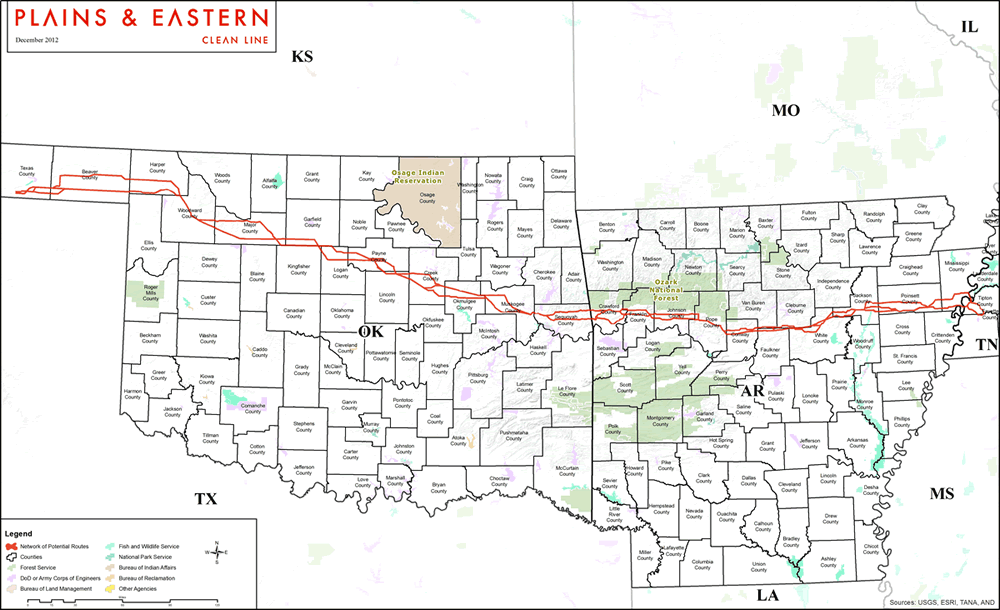




![20160721_172836[1]](https://legalectric.org/f/2016/07/20160721_1728361.jpg)
